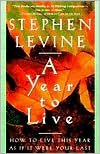What My Recent Health Scare Taught Me About My Life
Happy New Year! This new year is feeling especially poignant in light of my health scare last month. Here’s the short story. It was a Saturday, had gone for a lovely cross-country ski, ate lunch and was decorating the Christmas tree with Jon and our daughter, who had just back from college. When I came out of the kitchen, I was suddenly so dizzy I thought I’d pass out. Jon got me to the bed to lay down. After a few minutes, with my heart racing, my mind foggy, slurring my words, and having just had a conversation about my family history of brain aneurysms, I asked him to call 911. I’m a pretty fit person, rarely sick, and I began thinking that this could be it. My Mom had just passed away in August, and I thought this might be my turn. Thinking I might be having a stroke, I said “I love you” to Jon and my daughter Aleksa while I could. EMS carried me out as I couldn’t walk, and as I was lying in the ambulance looking out the back windows, I had one of those time warp moments, where I reflected back on my life, while focusing on not losing consciousness, with sadness for what I wouldn’t see (like my daughters graduations and weddings), while saying a prayer Jon and the girls would do ok without me, and gratitude for the amazing life I was able to have. Facing this, as so many others have, is a profound experience.
Fast-forward: after seven hours in the ER, a slew of testing, meeting with a telehealth neurologist from Chicago on a screen (pretty amazing), and overnight observation, it ended up being a rare reaction to a new cholesterol medication I had just started. It took me a week to recover fully physically. Mentally, after the initial relief that I get to keep living, there was a part of me that was angry about the experience, kind of thinking I’d just gone through end-of-life hospice with my mom a few months ago, I was good, not in need of any Ebenezer Scrooge-awakening moments (and with the Christmas tree and house not fully decorated!) And the other part of me decided to Love What Is- Amor Fati, and to really use it and learn from it. What about you? Have you ever had something similar?
As I reflected on my near-death experience and began to process it emotionally, I found myself drawn to the Stoic concept of amor fati. Epictetus tells us: "Don’t seek for everything to happen as you wish it would, but rather wish that everything happens as it actually will – then your life will be serene." This wisdom is about more than just acceptance—it's about actively embracing all that happens, even the challenges, as part of the life we’re meant to live. Accepting your fate doesn’t mean giving up pursuing your goals but means accepting what is for now.
Friedrich Nietzsche took it a step further, urging us not merely to bear what is necessary but to love it. That’s a big ask when you're lying on a stretcher thinking you might never hug your family again. But as I began to recover, I realized the experience wasn’t just a terrible moment; it was also a teacher, letting me see to what extent I’m living in alignment with what is important to me.
This philosophy isn't just for life-or-death situations; it's something we can carry into work. We’ve all experienced glitches and challenges that can derail everything. We have a choice to succumb to the frustration and panic and rail against what’s happening—why now, why us? Or we can take a deep breath, lean into the moment, and think: This is happening for a reason. What can we learn from it?
Of course, this is so much harder to do in practice than to just write on this page in the calm. But I keep trying to remind myself that every challenge is fuel for my growth, like oxygen to a fire.
Here are a few approaches to consider:
We can't control most things, but we can control how we respond to them. Let go of the expectation that life should always go your way. With amor fati, everything has a purpose—it’s up to you to turn that purpose into something positive.
“If you find yourself in a hole, stop digging.” Denying reality doesn’t help, and complaining wastes energy better spent finding solutions. Focus on what you can do, not what went wrong.
Practice looking ahead and ask yourself, “How will I feel about this in a month or a year?” Time often brings clarity, showing us that what seemed like a tragedy may have been a blessing in disguise. As Winston Churchill said, “When tragedy strikes, we never think that it might be saving us from something worse.” With time and hindsight, we often see how challenges shape us for the better.
A Special Forces instructor once said reframing their grueling training as a “game” helped them endure. Life, like a game, is about trying, failing, and trying again. Games are challenging, sometimes frustrating—but they’re also fun. Welcome life’s obstacles with that mindset.
Cultivate Gratitude—for the good and the bad. You can’t always know whether something will ultimately be positive or negative. Embrace it all with gratitude and focus on turning short-term challenges into long-term growth.
Amor fati is a daily practice, a muscle I’m building one moment at a time. What about you? Have you ever faced a situation at work—or in life—that felt like an insurmountable challenge? How might things have shifted if you had approached it with amor fati? Drop me a note, I’d love to hear.
Great Link
"Good" and "Bad" Are Incomplete Stories We Tell Ourselves-TED Talk (13:36)
Reflection Exercise: Moving from Theory to Action
To support you in practicing amor fati, here are some questions to consider:
What is a recent challenge or setback you’ve faced, and how might it serve a greater purpose in your life?
When was the last time you looked back and realized something you thought was bad turned out to be good in the long run?
If you knew that everything in your life was unfolding exactly as it should, how would that change the way you approach your goals and challenges?
How might reframing a current workplace issue as an opportunity for innovation or collaboration improve outcomes?
Quarterly Quote
Ring the bells that still can ring. Forget your perfect offering. There is a crack in everything. That’s how the light gets in. -Leonard Cohen
Book Review
A Year To Live
By: Steven Levine
Since we can’t choose when to have a near-death experience as a way to shock our systems into learning and growth, this book by Steven Levine does something close to that. It is designed to be read over the course of a year, to literally live this year as if it were your last. The book presents a framework for looking at death- and at life- in a way that is sure to transform anyone who takes this on. When you're ready to shake things up, this little book can help with the conversation. Additionally, I've heard of this book being used in group settings, where participants commit to sharing their experiences and reflections with one another as the year progresses.




